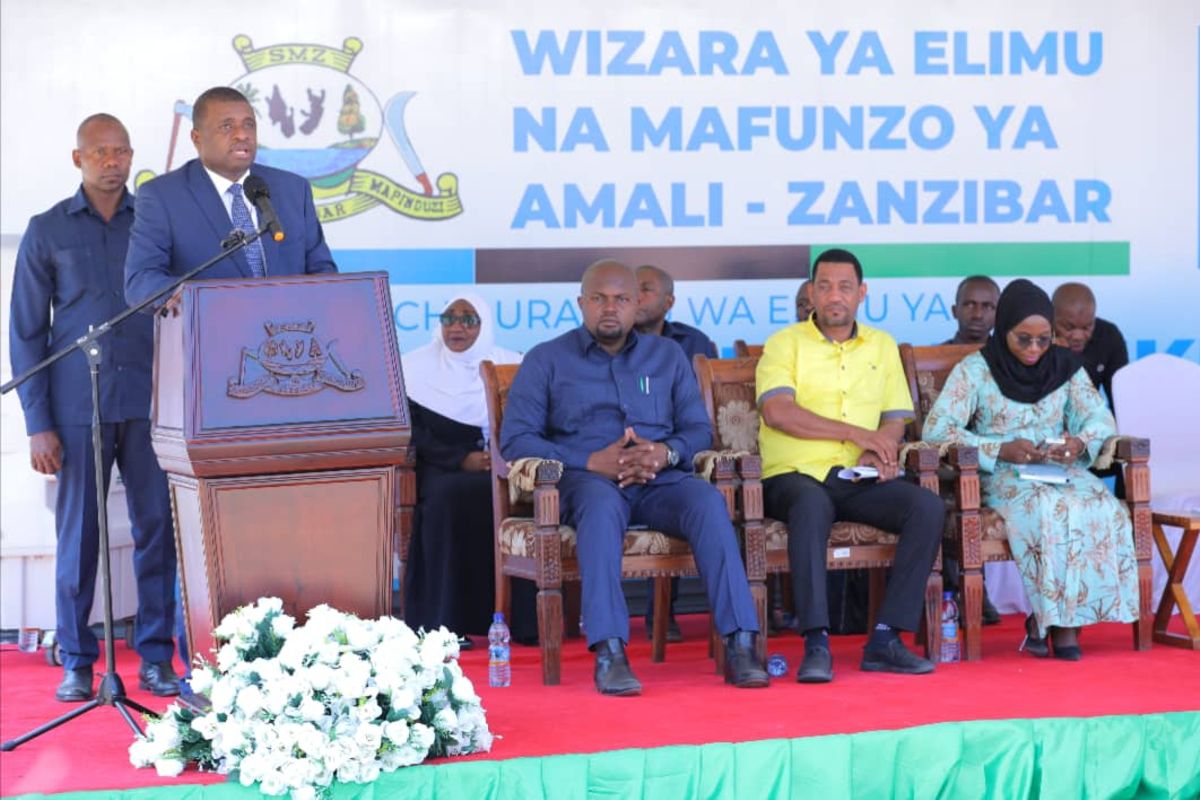Kenya Moves to Slash Rice Imports With Certified Seed Production
Kenya is implementing measures to cut rice imports with the development of sustainable certified seed production system.
The country’s research body-Kenya Agricultural Livestock Research Organisation (KALRO) is pioneering the efforts in partnership with a Korean agency, which will ensure Kenya, which ships in up to 75 percent of the total rice requirement annually, cuts reliance on imports.
In a five-year collaboration with the Korea Partnership for Innovative Agriculture (KOPIA), the project will focus on the production of early-generation seed, the multiplication of elite varieties, and distribution to farmers.
The project will produce 5.8 tonnes of early-generation seed and 1,000 tonnes of certified Generation 1 seeds of high-yielding, climate-resilient varieties. Additionally, it will train 75 local technical experts, 10 experts in South Korea, and 210 farmers in quality rice seed production.
Speaking at the project launch in Mwea, KALRO Director General Eliud Kireger said Kenya’s domestic rice sector has failed to meet rising demand, a situation exacerbated by middle-class population growth and urbanisation.
“Rice consumption is increasing, especially among young people. With urban population expected to reach 50 percent by 2050, the demand for rice will significantly outpace supply,” said Kireger Dr Kireger.
Dr Kireger highlighted that the current per capita rice consumption is 28 kg per year, projected to rise to 30 kg by 2027, resulting in a demand of 1.8 million tonnes.
Presently, Kenya consumes about 950,000 to one million tonnes annually but produces only 200,000 tonnes, creating an 80 percent deficit.
To address this, the government aims to achieve a 25 percent annual growth rate in rice production under its Bottom-Up Economic Transformation Agenda.
The DG expressed optimism that within four to five years, the project could reduce the deficit by up to 60 percent by improving access to high-yielding certified seeds.
KOPIA will contribute to rice research by introducing and commercialising Tongil rice varieties from the Korea Africa Food and Agriculture Cooperative Initiative (KAFACI), including ISRIZ 6, ISRIZ 7, and UKAFACI 39.
The project will also address mechanisation challenges faced by farmers, particularly in drying processes.
KOPIA Kenya Director Ji Gang Kim emphasised the importance of increasing rice self-sufficiency through new varieties, certified seed dissemination, and improved cultivation technology. He also highlighted the need for better drying and post-harvest management to ensure high-quality rice.
John Macharia, a rice farmer from Bura, Tana River, praised KALRO for addressing seed access challenges. “Since introducing the Komboka variety, we’ve improved our yields and eliminated brokers dictating prices,” he said.
KALRO and KOPIA have collaborated for over 15 years on projects including maize, indigenous chicken, potato, and sericulture. Currently, they are promoting chicken feeds containing black soldier fly larvae and rice by-products in Kenya.
Source: allafrica.com




















